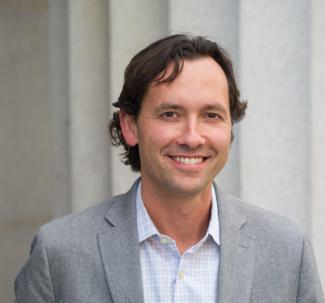Community-driven development in post-conflict Sierra Leone
A significant analysis of the popular community driven development (CDD) programmes in post-war Sierra Leone has found that although CDD has positive impacts on enhancing the quality of local public goods and improved household economic welfare, it does not increase participation in local governance as previously believed.
Despite the World Bank’s push for greater community participation in economic development, this experiment conducted by Katherine Casey (Brown University), Rachel Glennerster (MIT) and Edward Miguel (UC Berkeley) finds that CDD has no significant impact on long term dimensions of institutional quality, such as trust, group formation, and inclusive decision making. However, there were material benefits for the community, e.g. higher stock of high quality public goods, more market activity in the form of trade, etc.
Proponents of CDD argue that it overturns the relationship of the recipients and the development project, involving them in dimensions of choice and implementation. To organise this involvement, a crucial dimension of CDD projects is the creation of democratic ways of interacting within communities. This is especially important in post-conflict societies where institutional and social rebuilding is a major task. Despite the fact that a growing amount of development aid is channelled through these types of programmes, there is still no strong evidence of positive long-lasting effects. The IGC is filling this knowledge gap by funding a series of careful evaluations of CDD projects in post-conflict environments, including of the GoBifo CDD project in Sierra Leone and the National Solidarity Programme in rural Afghanistan.
In Sierra Leone, village level committees were established and put in charge of selecting and implementing development projects. For every dollar spent directly on community projects, roughly one dollar was spent to ensure the money was used well through facilitation and oversight, including training on inclusive decision making processes. Although this CDD programme was a reasonable mechanism for delivering small scale public goods and improving material welfare, it did not lead to any lasting changes in local collective action performance, participation in decision-making, village institutions or on measures of social capital (like trust, collective action, group membership, and information).
As a result of this research, the Government of Sierra Leone decided not to expand the CDD programme. Although the World Bank is one of strongest advocates and implementers of CDD projects, it has disseminated these results which question received wisdom and whether it should be seeking to instigate social change, rather than focusing on hard development projects. This research project will feature in the forthcoming Quarterly Journal of Economics.






